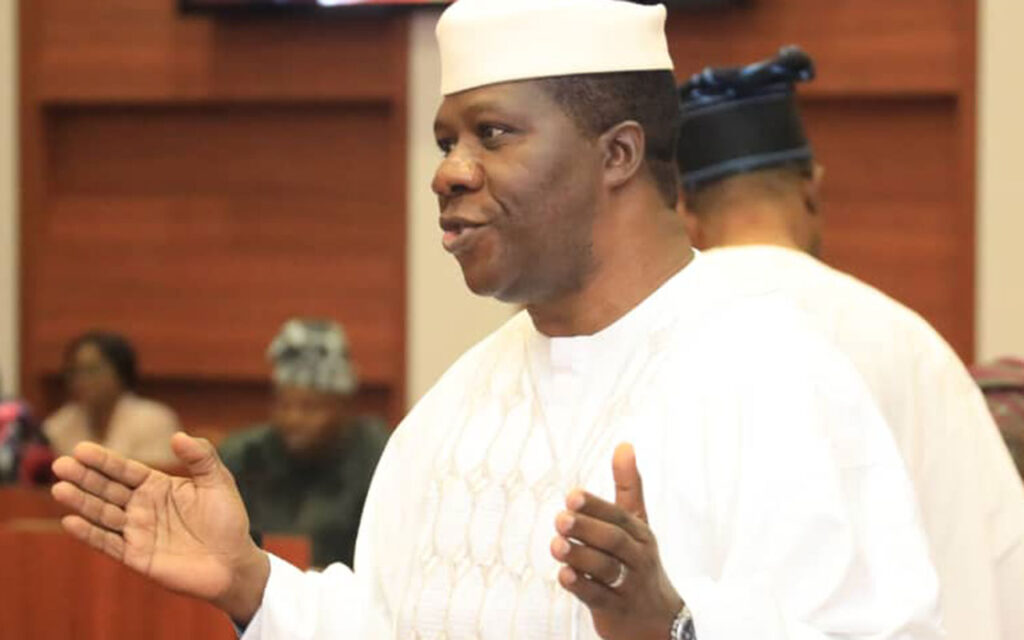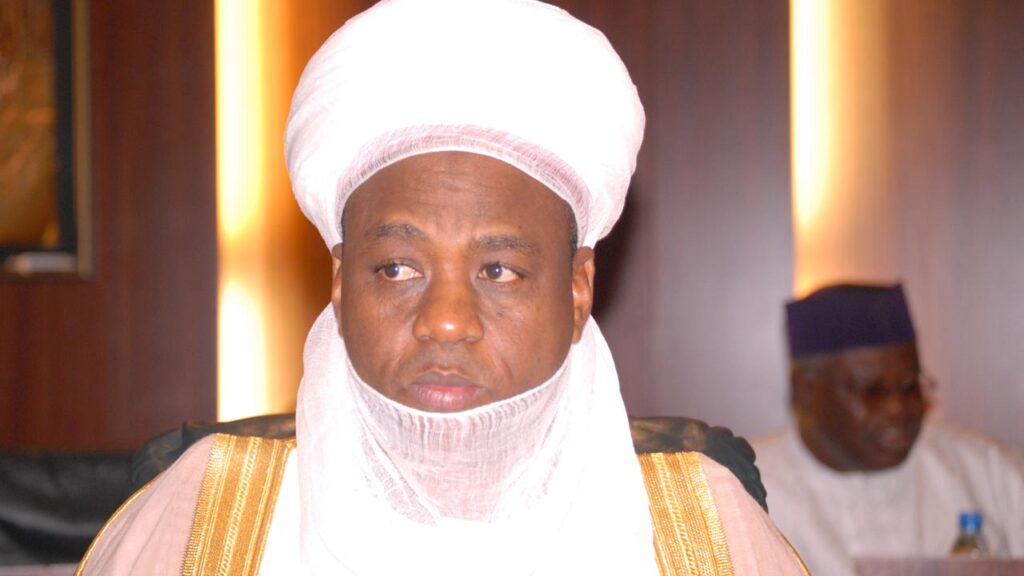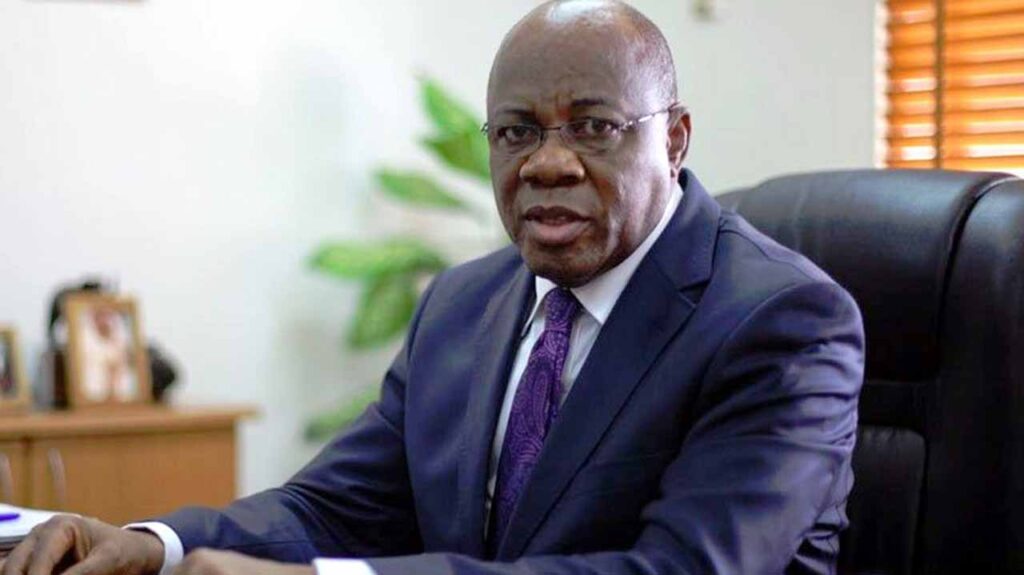Faults multiplicity of security outfits without legal framework
Amid the increasing demand for an efficient and responsive police system, Leader of the Senate, Opeyemi Bamidele (APC, Ekiti Central), has lamented the dysfunctionality of the Nigeria Police Force (NPF), pointing out that as currently constituted, it was not meant to succeed.
The Vice Chairman, Senate Committee on Review of the 1999 Constitution, further observed that any police structure that did not reflect Nigeria’s federal realities would not effectively address security challenges facing the federation.
He made these remarks at the 2024 Distinguished Personality Lecture Series jointly organised by the Department of Political Science and Institute of Legislative Studies, University of Ilorin, Kwara State, yesterday.
The lecture, titled ‘Constitution Amendment and the Political Dynamics of State Police in Nigeria’, was chaired by the Deputy President of the Senate, Barau Jibrin, who was represented by Deputy Leader of the Senate, Oyelola Ashiru.
At the lecture were the Chairman, Senate Chairman on Agriculture, Saliu Mustapha; Chairman, Senate Committee on Trade and Investment, Sadiq Umar; Vice Chairman, Senate Committee on Police Affairs, Akintunde Yunus; Vice Chancellor, University of Ilorin, Prof Wahab Egbewole (SAN) and Director General, National Institute for Legislative and Democratic Studies (NILDS), Prof. Abubakar Suleiman.
Bamidele dissected diverse socio-economic and political forces responsible for the dysfunctionality of the Nigeria Police and proffered solutions.
While warning against the incessant deployment of armed forces without compliance with the provisions of the 1999 Constitution, the senator faulted the undue establishment and operations of vigilante groups and security outfits at the state levels without a national legal framework.
He explained that the incessant deployment of the armed forces to maintain law and order internally was at variance with their mandate under the 1999 Constitution and did not portray Nigeria as a truly democratic and stable democracy.
According to him, the challenges facing the police are numerous.
He stated: “How the police are organised, managed, governed and funded can determine its ability to deliver on its constitutional mandate of protecting the life and property of Nigerians. Understanding these dynamics can help in appreciating what needs to be done to improve security in the country. Nigerians do not fully appreciate the depth and scale of the challenges facing the police.
“I maintain that the police have not been set up properly to succeed in this nation. Effective policing in Nigeria is almost impossible unless there are fundamental changes. Indeed, the constraints faced by the police are used as excuses for various misconducts and unprofessional behaviours by many officers.”
Despite many attempts by the police hierarchy to enforce discipline and even sack bad eggs, he added, operational misconduct is still prevalent in the ranks of police operatives, which undermines their capacity to decisively respond to pervasive insecurity nationwide.
To correct these anomalies, the senate leader canvassed the adoption of a decentralised police model to address security challenges undermining the country’s internal cohesion and disincentivising investors from coming into the federation.
“It is self-evident that the establishment of state police will go a long way in mitigating Nigeria’s security challenges, especially if the proper control mechanisms are put in place,” he said.
To prevent the political elite from using the state instrument against dissenting voices if the state police is eventually adopted, Bamidele suggested that an independent police service commission should be established to guarantee the autonomy, independence and non-partisanship of the state police at federal and state levels in matters of appointment, discipline, promotions and accountability.
Such an independent police commission, he suggested, should be patterned after the National Judicial Council (NJC) and utterly insulated from the undue interference of the political elite whether at the state or federal level.
He observed that a decentralised police model “is not without its political complexities,” adding that “one of the primary concerns is the potential for abuse of power by the political elite. Its critics fear that the political elite may use state police to suppress opposition political parties, critical social actors or perceived enemies.”












